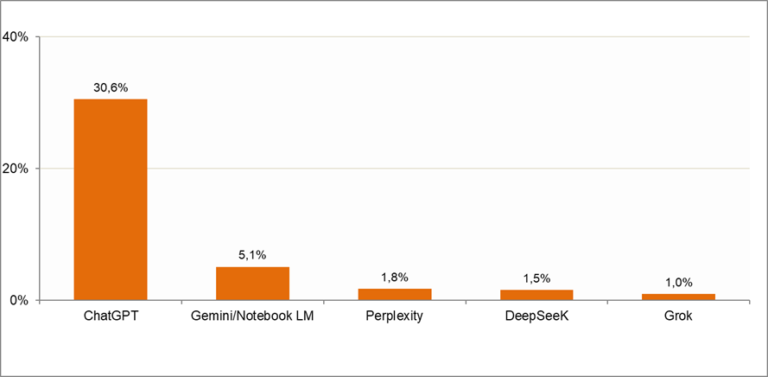
Although in many cases gestational diabetes disappears after childbirth, its impact can persist over time, increasing the risk of developing type 2 diabetes in the future and affecting the metabolic health of the child. Therefore, early detection, medical monitoring, and the adoption of healthy habits are essential to reduce complications and promote a safe and healthy pregnancy.
Gestational diabetes can leave a mark
A team of researchers from Ibima Bionand Platform, in collaboration with the Biomedical Research Center Network in Pathophysiology of Obesity and Nutrition (Ciberobn), has revealed that gestational diabetes can leave an epigenetic mark on the DNA of babies.
These changes in DNA methylation could influence their metabolic development and increase the risk of future diseases. The study, published in the prestigious journal Cardiovascular Diabetology, was led by Sonsoles Morcillo, researcher Nicolás Monardes, in collaboration with María José Picón, María Molina, Teresa Linares, belonging to the A-02 group ‘Obesity, diabetes and its comorbidities: prevention and treatment’, led by Francisco J. Tinahones.
It has also involved specialists in cardiology (Alberto Piserra), pediatrics (Alfonso Lendínez), and gynecology (María Suárez), highlighting the importance of multidisciplinary research, as reported by the Board in a statement.
The research analyzed 30 saliva samples from children, 15 from mothers with GDM and 15 from mothers without this condition, from the EPI-DG study. The samples were collected at two time points: between eight and ten weeks after childbirth and at one year of age.
More than 850,000 DNA methylation sites were evaluated, identifying 50 sites with consistent differences over time, and 16 with a consistent methylation direction. Some of these marks were found in genes related to metabolic regulation and inflammatory processes.
«The discovery of these epigenetic alterations gives us a crucial clue as to how gestational diabetes can leave a long-term mark on children’s health, even before metabolic diseases manifest in adulthood,» explained Sonsoles Morcillo. Additionally, she added that «this knowledge allows us to advance in early detection and the development of more effective prevention strategies.»
Weight, height, cranial circumference, and body mass index
These epigenetic marks were associated with infant growth variables such as weight, height, cranial circumference, and body mass index (BMI), reinforcing the idea that gestational diabetes could influence the baby’s development beyond birth.
«The data obtained reinforce the importance of rigorous control of gestational diabetes during pregnancy,» added María José Picón, head of the Diabetes and Pregnancy Unit at Virgen de la Victoria University Hospital. «If we can mitigate these epigenetic effects through gestational interventions, we could reduce the incidence of metabolic diseases in the population.»
They have detailed that one of the novelties of the study lies in the use of saliva samples instead of blood or placental tissue. «Saliva is an easy and non-invasive sample to obtain, which is crucial when working with babies and children,» added Teresa Linares-Pineda, the first author of the study.
Towards new prevention strategies
Although the results are promising, the researchers warn that the sample size is limited, and they are already working to secure funding to expand the study and validate the findings.
«Understanding how prenatal factors affect long-term health is key to designing effective prevention programs,» emphasizes María Molina. «This study is a step towards personalized preventive medicine from the earliest days of life,» she added.
Finally, the team thanked the participants in the EPI-DG study for their collaboration and encouraged them to continue with follow-up visits. Each sample and each visit provide key information to advance in the prevention of metabolic diseases in children,» conclude the researchers.
They have also highlighted that this work reaffirms Ibima Bionand Platform’s commitment to excellent biomedical research aimed at addressing challenges of great social impact and improving the quality of life of the population.






